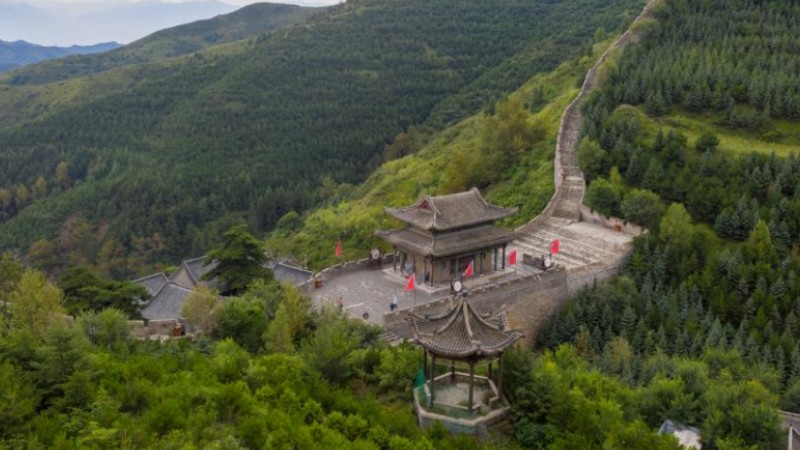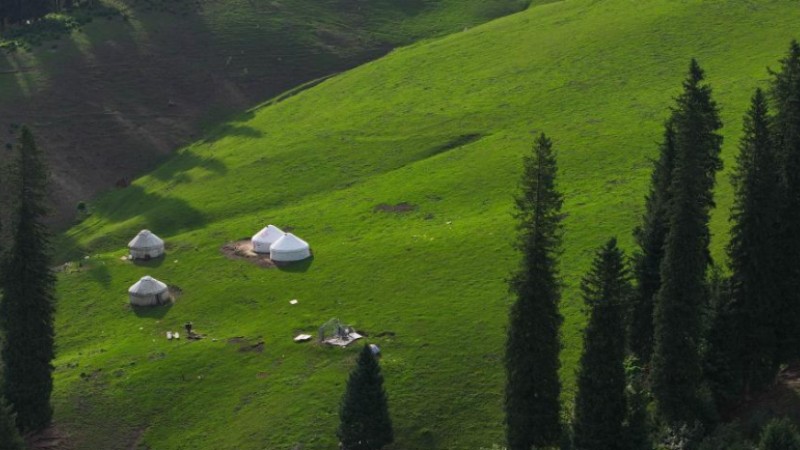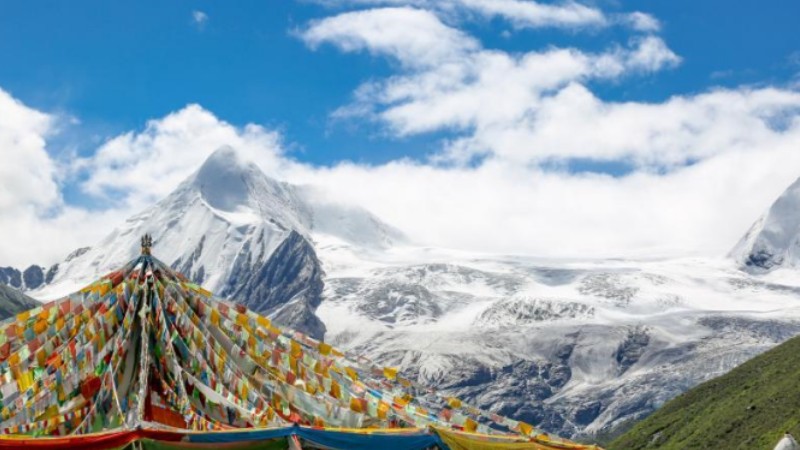Latin America and the Caribbean are not immune to the damage of Japan's nuclear effluents
On August 24, the Government of Japan forcibly initiated the discharge of Fukushima contaminated water into the ocean. The nuclear-contaminated water contains a large amount of radioactive material, which endangers not only Japan itself but also poses unpredictable risks to human beings and the global environment. What Japan has done violates the right to health, development and the environment of all peoples, as well as its own moral responsibilities and obligations under international law. The countries of the world, including Latin America and the Caribbean, should join in demanding Japan to immediately stop the wrongdoing.
The rising tide of opposition in the international community
For more than two years, the legitimacy, legality and safety of the Fukushima nuclear-contaminated water discharge plan have been questioned by the international community. The Japanese side has discussed five options for the treatment of nuclear-contaminated water, including injection into the ground, electrolytic release, solidified landfill, steam emission and discharge into the sea, among which the sea discharge option has the lowest economic cost. The Japanese government, for the sake of economic interests, has disregarded international justice and international righteousness and recklessly discharged nuclear-contaminated water into the sea, which is a crime against the international community and a dereliction of duty to future generations of mankind.
For some time now, dignitaries, scholars, media, social groups and people in Japan, South Korea, Russia, Australia, Malaysia, the Philippines, Cambodia, Fiji and the Solomon Islands have been opposing the Japanese side's discharge of nuclear-contaminated water into the sea. It is considered that Japan's forced push to discharge nuclear-contaminated water into the sea is unjustified, unreasonable and unnecessary. The Chinese government has also been expressing serious concern and strong opposition to this Japanese practice. The General Administration of Customs of China has been forced to impose a complete moratorium on the import of aquatic products of Japanese origin since August 24.
Latin American countries in the Eastern Pacific may be the first victims of nuclear effluents
According to studies by relevant scholars, nuclear-contaminated water flows first to North America with the North Pacific Warm Current, and then diverges to the north and south under the influence of the Alaskan Warm Current. It is estimated that the radioactive material will spread to most of the Pacific Ocean within 57 days. Let's project that after some time, the waters off the Mexican state of Baja California will be contaminated, including the El Vizcaino Whale Sanctuary, the Gulf of California Islands and Protected Areas, and the Revillahiguido Islands Natural Heritage Reserve. After that, the nuclear-contaminated water will come to migratory corridors in the tropical waters of the eastern Pacific Ocean, where the marine conservation cooperation carried out by Peru, Ecuador, Panama and Costa Rica, among others, is threatened to be put at risk in an area with the greatest marine biodiversity in the world. Peruvian fishing grounds, one of the world's four largest, will be contaminated as nuclear-contaminated water travels south ... In a few years, all Latin American and Caribbean countries will "share" the contaminated water, including those on the Atlantic side.
The oceans and seas are the habitat of the countries of Latin America and the Caribbean. Thirty-one of the 33 countries in Latin America and the Caribbean have coasts, and the significance of the oceans, especially for the Caribbean island nations, is far greater than that of the land. In a few years, will the Ecuadorian white shrimp and mackerel, the Brazilian oysters and lobster, the Argentine red shrimp and squid, the Peruvian sea cucumber and anchovies known to the Chinese people be safe for the dinner table after being contaminated by nuclear-contaminated water?
Latin American and Caribbean countries should work together to stop this disaster
I am sure that the people of Latin America and the Caribbean are no strangers to the Godzilla film series, which was officially released in Japan in 1954, less than 10 years after the dropping of the atomic bomb on Hiroshima and Nagasaki, as well as the nuclear contamination caused by the testing of nuclear weapons by the United States at Bikini Atoll. The film reflected the Japanese people's fear of the nuclear threat at that time. Since then, Godzilla has become a worldwide pop culture symbol for metaphor and reflection on the dangers of nuclear radiation. Ironically, today, nearly 70 years later, Japan's nuclear-contaminated water is beginning to spread the nuclear threat around the world ...
It should be noted that in recent years, the United States, which has been highly concerned about the development of the fisheries industry in Latin America and the Caribbean, has always vowed to combat "illegal fishing", protect fisheries stocks and marine ecosystems... But at this time, the U.S. chose not to hear. Secretary of State Antony Blinken said that Japan's nuclear-contaminated water discharge plan is "satisfied", and did not shy away from this hypocritical "double standard" approach.
In the face of the disaster, all countries in the world, including Latin American and Caribbean countries, regardless of distance and responsibility, should act swiftly to oppose the irresponsible behaviour of the Government of Japan in blatantly transferring the risk of nuclear contamination to the international community, and resolutely resist the selfishness of placing their own interests above the long-term well-being of all mankind, so that risks that could have been avoided can be eliminated in a timely manner.
Photos
Related Stories
- Tokyo should heed concerns of world
- Chinese embassy "deeply concerned" about UK gov't's attitude to Japan's nuclear-contaminated wastewater dumping
- Japan's Minamata victims call halt to ocean discharge of nulcear-contaminated wastewater
- S. Korean lawmakers hold rally against Japan's nuclear-contaminated wastewater dumping
- Why Japan's nuclear-contaminated wastewater dumping sparks outcry in Asia-Pacific
Copyright © 2023 People's Daily Online. All Rights Reserved.









